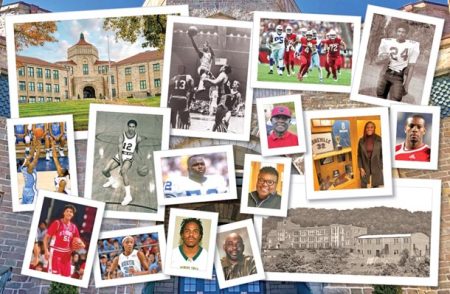What To Do If Stopped By Police

Here is advice from Asheville Police Chief William Anderson about what to do if stopped by police.
There is a high probability you will have some contact with law enforcement if you are a young person of color: it’s not a question of “if” but of “when.” And we must teach our children to make good choices during that initial stop.
Here’s what to do: 1) avoid confrontation; 2) know your rights; 3) show respect; 4) cooperate with what the officer asks of you; 5) be honest.
• If driving, and the blue lights come on, slow down and pull over. Stay in the driver’s seat and keep your hands in sight. Turn down your music. Listen and comply with the officers’ requests. Do not speak rudely: officers are human too, and we all make mistakes.
• When asked to provide your driver’s license, do so, along with your insurance card and registration. Most officers will not tell you the reason for the stop until they have your license in hand.
• If given a ticket, sign it; it’s not an admission of guilt. You have the right to contest it in court. And remember, an officer can search your car only if you give consent. Do not be afraid to say, “You do not have my permission.”
• If stopped while walking through the neighborhood or on a public street, do not speak rudely, run, or walk away. Answer questions politely. The officer must have reasonable suspicion to stop you, but it’s important to obey all requests unless they pose a threat to your safety.
• If you are mistreated or believe the officer is guilty of misconduct, report it. Do not lash out or speak rudely to the officer; ask to speak to a supervisor.
Anderson concluded, “All complaints filed with the APD are important, and you will receive notice. Misconduct will not be tolerated, but first, it must be reported, and reported accurately.”






